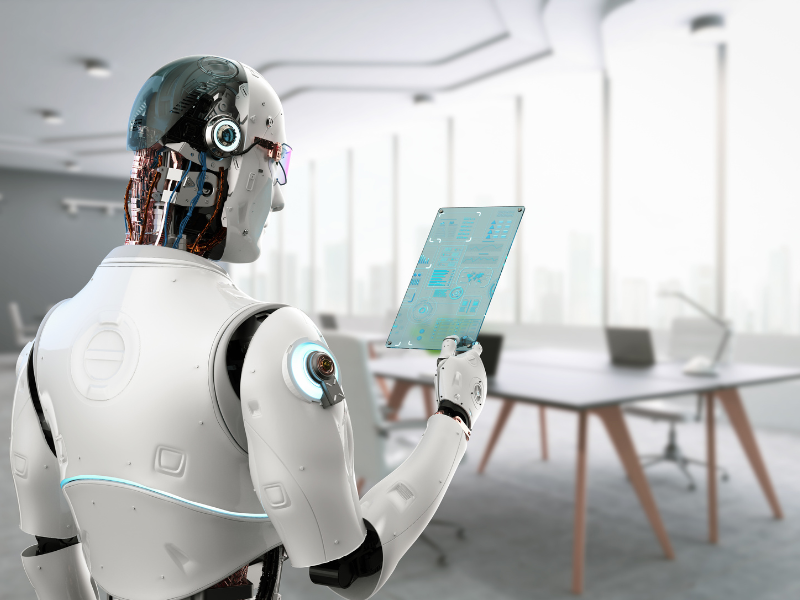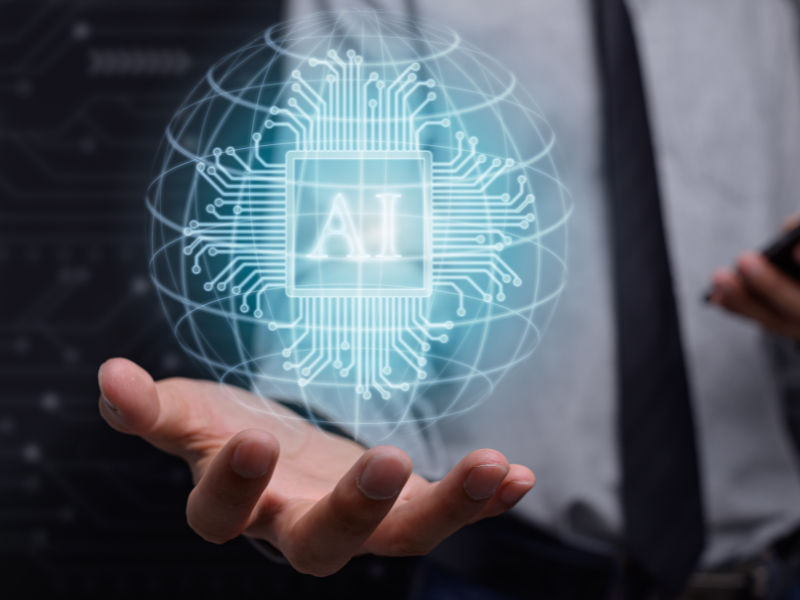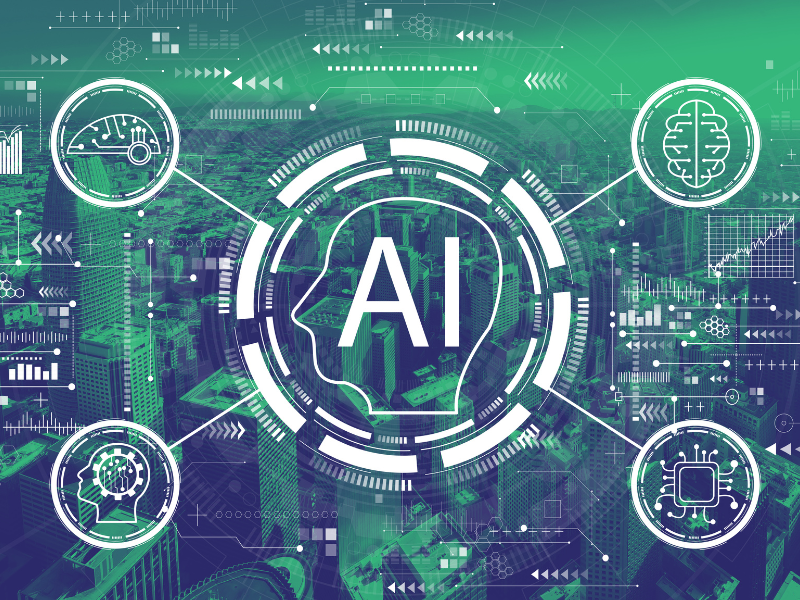Introduction
The integration of artificial intelligence (AI) in healthcare is revolutionizing the way healthcare retailers operate. AI technology has the potential to streamline processes, improve patient care, and enhance decision-making capabilities. In this article, we will delve into the various applications of AI in healthcare retail, its benefits, challenges, and potential future developments.

AI in Healthcare Retail: A Technological Marvel
The use of AI in healthcare retail has opened up numerous opportunities for innovation and efficiency. Let’s explore some of these key areas:

Enhancing Patient Care with AI
AI has significantly improved patient care by enabling personalized treatment plans and predicting medical outcomes. With AI-powered algorithms, healthcare retailers can analyze large volumes of patient data, including medical records, lab results, and genetic information. By utilizing machine learning algorithms, AI can identify patterns, predict disease progression, suggest appropriate treatment options, and even generate individualized recommendations. This technology empowers healthcare professionals to deliver tailored care plans, ensuring the best possible outcomes for patients.
Streamlining Administrative Functions
AI technology plays a vital role in automating administrative tasks, allowing healthcare retailers to streamline operations and reduce costs. Virtual assistants and chatbots powered by natural language processing (NLP) algorithms can handle patient appointment scheduling, answer frequently asked questions, and provide information on healthcare services. This not only enhances customer experience but also allows healthcare providers to focus on more complex and critical tasks.
AI in Medical Imaging
AI has significantly transformed the field of medical imaging by enhancing accuracy and improving diagnostics. With the help of deep learning algorithms, AI systems can detect abnormalities and analyze medical images such as X-rays, CT scans, and MRI scans. This technology enables healthcare professionals to detect diseases at an early stage, leading to timely interventions and improved patient outcomes. AI-powered image analysis tools can also improve workflow efficiency by prioritizing urgent cases and reducing reporting time.
AI Assistants for Healthcare Professionals
AI-powered virtual assistants are increasingly being used in healthcare retail to support healthcare professionals in their daily tasks. These assistants can provide real-time clinical decision support, access relevant patient information, and assist in diagnosing conditions based on symptoms and medical history. By harnessing the power of AI, healthcare providers can improve accuracy, reduce errors, and ultimately enhance patient care.
Robotics and AI in Healthcare Retail
The integration of robotics and AI technology in healthcare retail has opened up new possibilities for automation and precision. Surgical robots powered by AI algorithms enable surgeons to perform complex procedures with increased precision and dexterity. These robots can enhance surgical outcomes, minimize invasiveness, and reduce recovery times. Additionally, robots can be utilized for tasks such as medication dispensing, inventory management, and logistical support, improving operational efficiency within healthcare retail settings.
Predictive Analytics for Improved Resource Management
AI technology, coupled with predictive analytics, can help healthcare retailers optimize resource allocation and improve planning. By analyzing historical data, AI algorithms can forecast patient demands, predict disease outbreaks, and optimize staffing levels. This promotes efficient utilization of resources, reduces wait times, and ensures that healthcare providers are adequately prepared to meet the needs of their patients.
Mitigating Healthcare Fraud and Security Threats
AI technology can be instrumental in addressing healthcare fraud, privacy breaches, and security threats. By continuously monitoring and analyzing data, AI algorithms can detect patterns of fraudulent activities, identify potential security breaches, and ensure compliance with data protection regulations. Implementing AI-powered security systems can safeguard patient data, prevent unauthorized access, and mitigate potential risks in healthcare retail environments.
FAQs about AI in Healthcare Retail

How does AI improve patient outcomes in healthcare retail?
AI enables healthcare providers to analyze large volumes of patient data, identify patterns, and predict disease progression. By tailoring treatment plans and interventions based on AI-generated insights, patient outcomes can be significantly improved.
What are the challenges of implementing AI in healthcare retail?
Some challenges of implementing AI in healthcare retail include data privacy concerns, regulatory compliance, integration with existing systems, and addressing ethical considerations related to the use of AI algorithms.
How does AI assist healthcare professionals in their daily tasks?
AI-powered virtual assistants provide real-time clinical decision support, access to relevant patient information, and can assist in diagnosing conditions based on symptoms and medical history. This enhances the efficiency and accuracy of healthcare professionals.
How does AI technology contribute to cost reduction in healthcare retail?
AI streamlines administrative tasks, automates processes, and optimizes resource management, leading to cost savings. Additionally, AI helps in preventing healthcare fraud and security threats, resulting in significant financial savings.
Conclusion
AI in healthcare retail is transforming the industry by improving patient care, enhancing efficiency, and reducing costs. With its ability to analyze large amounts of data, provide personalized treatment plans, and automate administrative tasks, AI has become an indispensable tool in healthcare retail settings. Embracing AI technology offers endless possibilities for innovation, and as the field continues to evolve, we can expect even more transformative advancements in the future.

